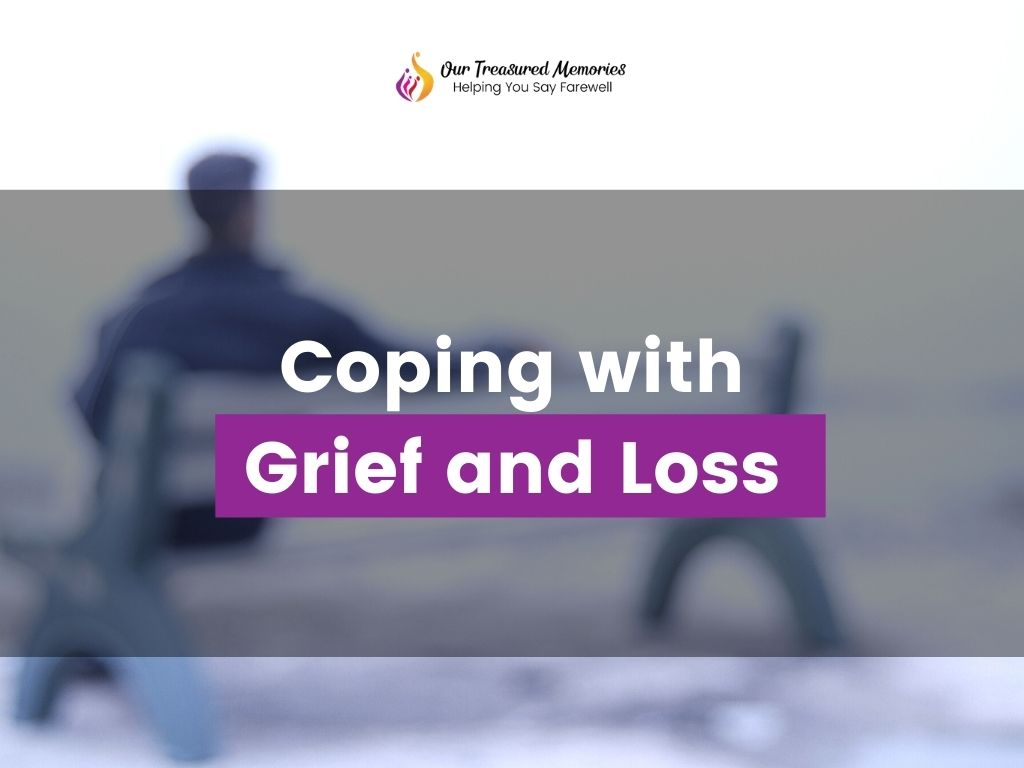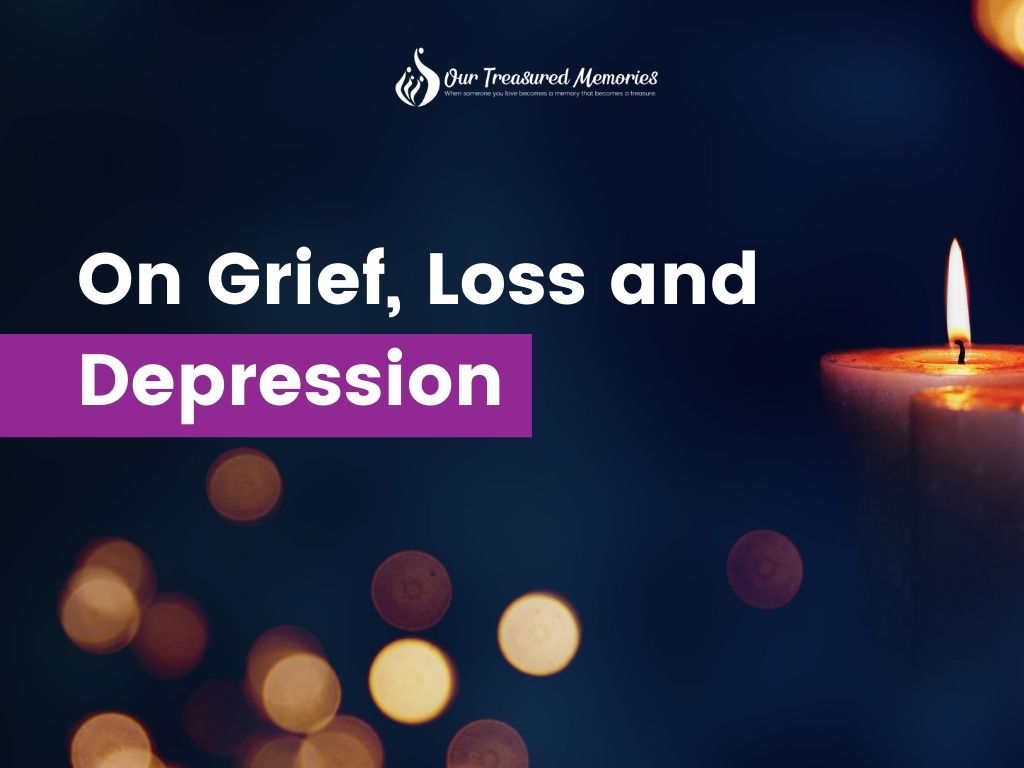
How to Cope with Grief and Loss
Everyone’s experience of grief or loss is unique. You may experience all kinds of difficult and at times overwhelming emotions, and you might sometimes wonder if the sadness will ever end.
This is a normal reaction to loss. There is no right or wrong way to grieve but it can help to allow yourself to grieve, share your grief, and let others support you. In time you will learn to live with your loss, heal and move forward in new and different ways.
What are Grief and Loss?
Grief is a natural response to loss. It might be the loss of a loved one, relationship, miscarriage, pet, job or way of life. Other experiences of loss may be due to children leaving home, infertility and separation from friends and family. The more significant the loss, the more intense the grief is likely to be.
Grief is expressed in many ways and it can affect every part of your life; your emotions, thoughts and behaviour, beliefs, physical health, your sense of self and identity, and your relationships with others. Grief can leave you feeling sad, angry, anxious, shocked, regretful, relieved, overwhelmed, isolated, irritable or numb.
Many of these reactions are not constant but instead can come in waves; often triggered by memories or occasions. The first few days after a loss are particularly intense emotionally and many people say that they function on ‘auto’ for a while just to get through. Grief can affect your thinking; leaving you unable to concentrate or make decisions, forgetful and sometimes causing you to worry that you will never feel better. It can also cause difficulty in your sleeping and physical health, leading to headaches, nausea, aches and pains.
It is not unusual to also question your faith or beliefs at this time as you search for answers and meaning following the loss. The way you are feeling and thinking affects how you interact with the world around you; your friends, family and workplace. For some, being with others is comforting while others prefer more solitude as they come to terms with their loss.
Grief has no set pattern. Everyone experiences grief differently and there are cultural and circumstantial factors that affect how people express and cope with it. Some people may grieve for weeks and months, while others may describe their grief lasting for years. Through the process of grief, however, you begin to create new experiences and habits that work around your loss. You slowly begin to experience a greater sense of hope; focusing more on the future rather than the loss itself.
In time memories begin to become something to enjoy rather than triggering sadness. Grief is something that takes time to work through. Looking after yourself after a significant loss is essential. While everyone finds their own way to grieve it is important to have the support of friends and family or someone else, and to talk about your loss when you need to.
How to Cope with Grief and Loss
Allow Yourself to Grieve and Heal
Grieve your way. No one can tell you how to feel. Understand that grief takes time: Expect that you will sometimes find yourself surprised by how you are feeling.
Express how you feel to someone you trust. Talk using words that are comfortable and have meaning to you and don’t be afraid to share your emotions; your tears, anger, relief etc.
Honour your loss. It might be by writing a journal of memories, writing letters, treasuring precious possessions, planting a tree, writing a song; whatever feels meaningful to you.
Be prepared for difficult events that trigger your memories and sadness. This may happen on anniversaries, birthdays, reunions or perhaps when you see particular reminders of what you have lost.
Take one step at a time. Know that there will be setbacks but that you will heal in time.
Look after Yourself
Find a balance between being alone and spending time with family and friends. Both are important in your time of grief.
Take care of your physical health. Grieving can be exhausting so it is important to eat a healthy diet, exercise and sleep.
Give yourself time out from the pain. Do things you enjoy, even if you don’t really feel like doing them.
Try relaxation or meditation to help to manage stress and difficult emotions.
Work towards getting back to your normal routine, work, social activities, sports, etc. Don’t feel guilty about trying to get back to your life. It’s part of the process.
Approach any drug and alcohol use with care. Substances can numb your feelings but they also make it harder to heal.
If possible, avoid making any big decisions until you can think more clearly. You may also consider your spiritual beliefs and whether these can provide you comfort.
Let Others Help You
Be clear about what you find helpful from others. People often don’t know how to help, so tell them what you need; a shoulder to cry on, a helping hand with the children or perhaps help with a few meals.
Explore your options for professional help if your grief feels too much for you to bear. An experienced health professional can help you work through intense emotions and overcome obstacles to your grieving.
Related blog: On Grief, Loss and Depression (Where to Ask for Help)
You May Also Like

On Grief, Loss and Depression (Where to Ask for Help)
November 20, 2020
21 Simple Ways To Keep Memories Alive
December 20, 2020